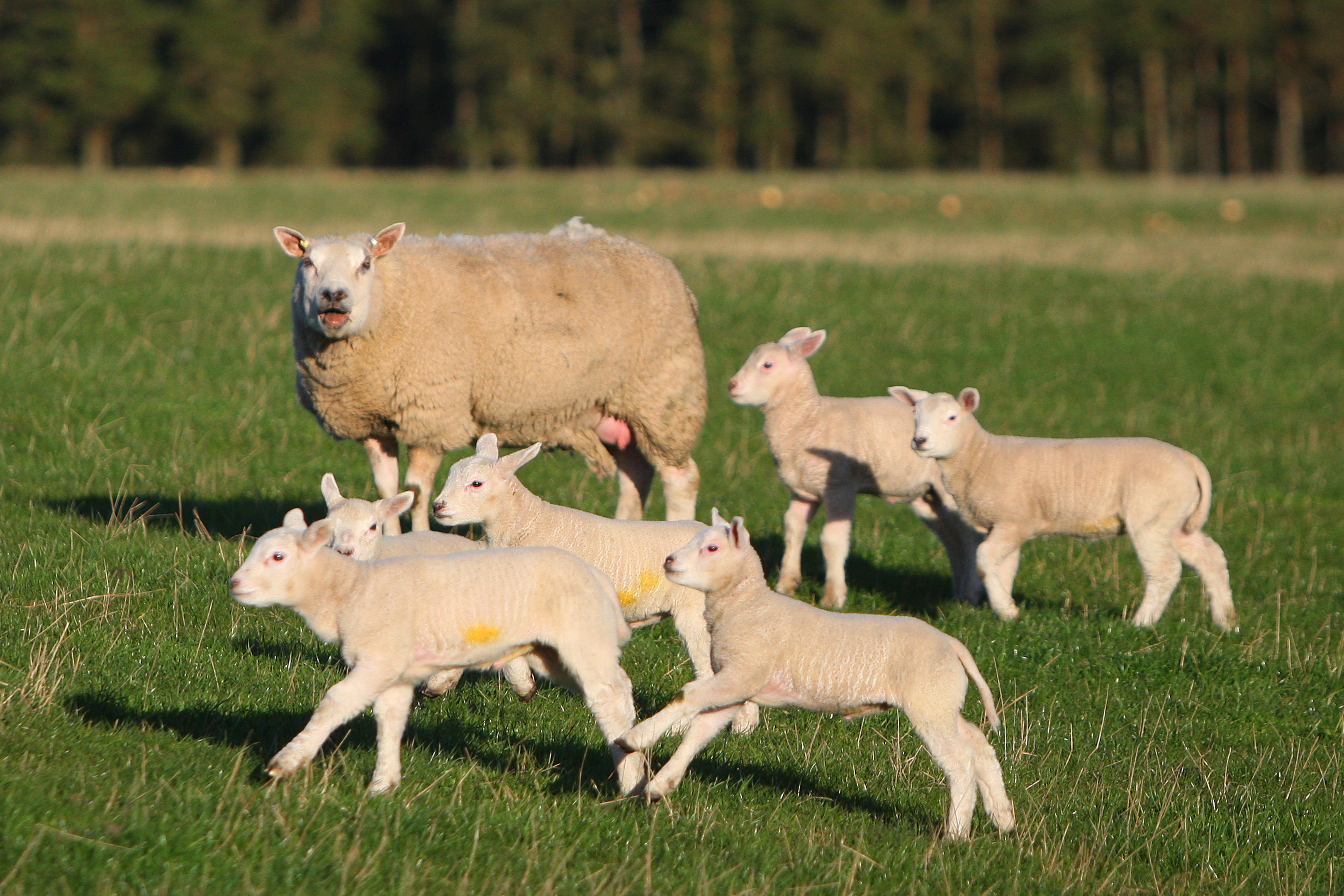Scotland’s food and farming industries have been accused of being slow to pass on information to official agencies about safety risks such as food substitution or the illegal slaughter of animals.
Food Standards Scotland (FSS) chief executive Geoff Ogle has appealed to the sector to be more open and forthcoming in order to help his organisation’s new Food Crime Incidents Unit tackle issues around livestock rustling, food substitution and authenticity issues. He told a briefing in Perth that assurances around food safety were essential for consumer confidence
“We know what happened with horse meat in terms of consumer confidence so it’s important that we put effort in to it,” he said.
Mr Ogle revealed that FSS was aiming to be more effective at tackling food fraud and food crime. And he said there had been recent information indicating that illegal slaughter was taking place in several locations around Scotland.
“If you’ve got an illegal slaughter operation its usually associated with rustling, so you won’t have any medical history, you won’t know what happens to the by-product or the hygiene of the premises, and because there’s no post mortem inspection you might be putting stuff into the food chain you don’t know about. So illegal slaughter does pose a risk to human health,” he said.
Mr Ogle said FSS had made a substantial investment in the new food crime unit.
“The issue we’ve got at the moment is the lack of information from primary production in particular. There are all sorts of risks out there. There are risks around animal rustling and slaughter at one end, then substitution and authenticity – people putting stuff in and claiming it’s one form of meat rather than another.
“We need industry to be more forthcoming. We’ve talked to NFU Scotland and organisations like Quality Meat Scotland (QMS). They’re all very supportive and can see the clear benefits of what we’re trying to do but we need more support from the agriculture industry, around providing us with more information.”
Mr Ogle added is was highly unlikely that the unit would get a single “smoking gun” piece of intelligence that would point to one individual.
“A lot of time it’s an accumulation of information from various sources and the sharing of information with other agencies to see what they’ve got to build up the information and intelligence,” he said.
“We don’t need people doing their own investigations. Come to us if you’re suspicious. We’re very good at qualifying the information that comes in.”
The new Food Crime incidents Unit employs a team of ten and has the power to report directly to the procurator fiscal. It works closely with the National Food Crime Unit in England and Wales.










